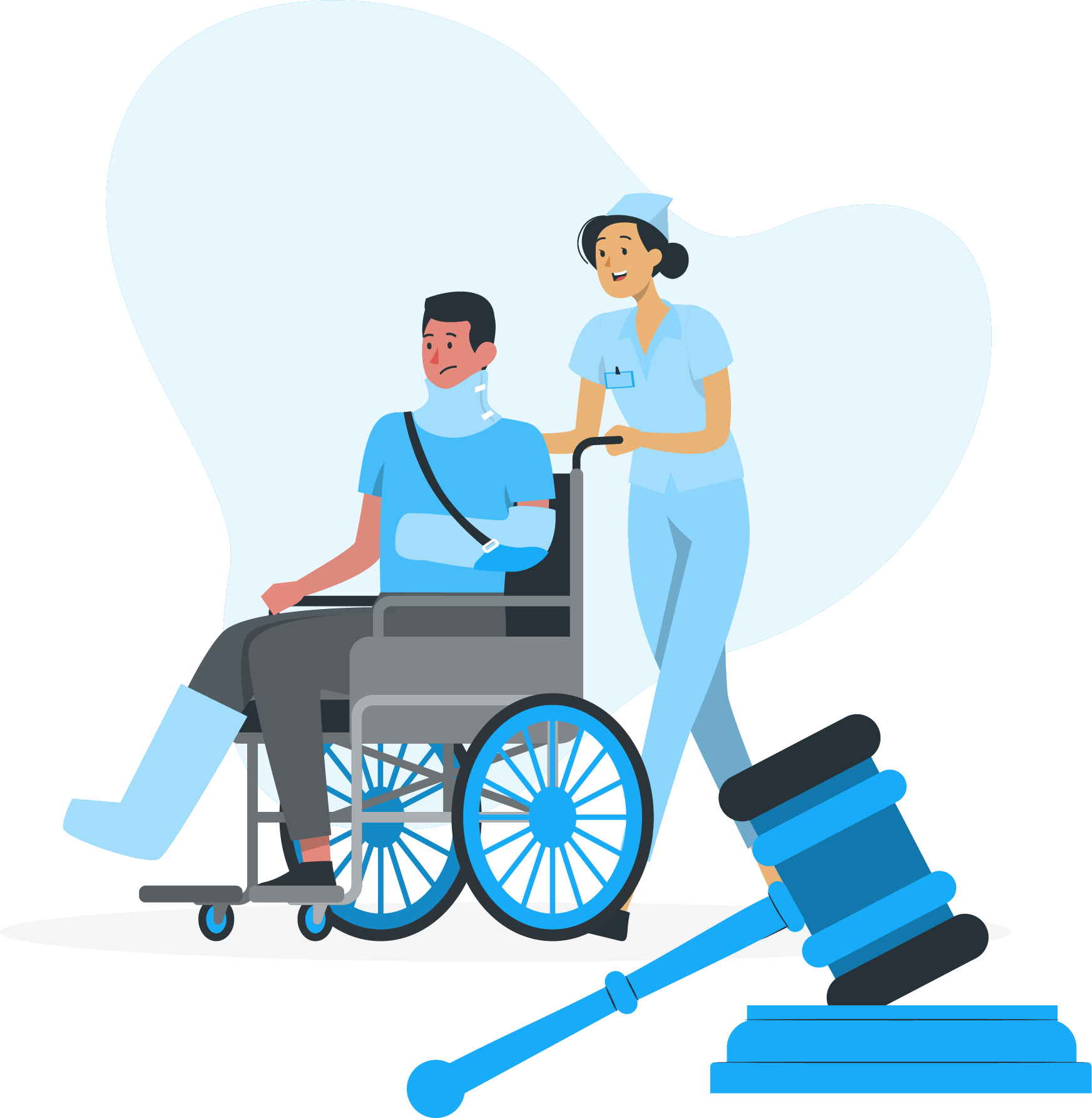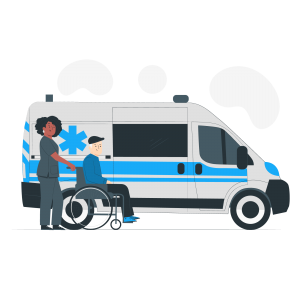Understanding Vicarious Liability in Truck Accidents
Truck accidents on Long Island remain a serious concern, with thousands of collisions involving commercial vehicles each year. In Suffolk and Nassau Counties alone, driver distraction, improper lane use, and failure to yield rank among the top causes of large truck crashes. Due to the sheer weight and speed of these vehicles, even minor negligence can result in devastating injuries or fatalities. These cases often involve more than just the driver—employers may also be held legally responsible through a concept known as vicarious liability.
A seasoned truck accident lawyer in Long Island can explain how vicarious liability may apply to your case. If a trucking company allowed an unfit driver on the road or failed to enforce safety standards, they could be liable for damages. Identifying the full scope of responsibility is key to maximizing compensation and holding all negligent parties accountable. Having legal support from someone familiar with local laws and trucking regulations is essential when facing corporate insurers and aggressive defense teams.
Vicarious Liability in a Nutshell
Vicarious liability refers to an employer’s liability for the negligence of their employees. Specifically, with truck accidents, this means that if the truck driver caused the accident while acting within the scope of their duties, the employer may be liable for damages. This principle is based on the notion that employers can direct their employees and should be liable for their behavior.
Employer-Employee Relationship
An employer-employee relationship is required to find vicarious liability. This is usually a standard employment arrangement, with the employer guiding or directing an employee’s work. In truck accident cases, the driver must be within the course and scope of their employment for vicarious liability to apply. If a driver is on a break for their own needs or doing something unrelated to their job, the employer is not liable.
Scope of Employment
The scope of employment refers to the activities employees perform as part of their jobs. For example, if a truck driver going about their delivery caused an accident, the employer who hired the driver might be responsible. However, if the driver goes way off course for a personal matter and then gets into an accident, an employer may not be liable. Whether an action is within the scope of employment can be complex and potentially subject to legal scrutiny.
Independent Contractors vs. Employees
One of the most critical factors in determining whether or not the defendant is vicariously liable is distinguishing independent contractors from employees. You are generally not liable for the actions of independent contractors. However, if a company has significant control over how a contractor does their work or how it is supposed to be done, the company will be considered an employer and subject to vicarious liability.
Vicarious Liability Exceptions
Vicarious liability has some exceptions. When an employee acts intentionally or criminally and outside the scope of their job, an employer may not be liable. Moreover, the employer may not be liable if the employee participates in the activity for no business purpose. Recognizing these exceptions can assist in evaluating potential liability in truck accident cases.
The Role of Insurance
Insurance is an essential element of vicarious liability cases. Many employers carry commercial liability insurance to protect their businesses against any claims arising due to their employees. That can be helpful because it can help the accident victims financially. All parties involved have a right to know what insurance policies are in place and what protections they can afford.
Legal Implications and Consequences
Vicarious liability is a significant legal and financial risk for employers. It could lead to lawsuits and the need to pay victims for medical expenses, property, and other damages. This principle advocates that employers introduce safety standards and ensure their workers are adequately trained. This enables them to reduce risks and thereby encourage safer practices on the road.
What Should Those Impacted Do
If you have been affected by a truck accident, knowing about vicarious liability can help you obtain compensation. A lawyer specializing in personal injury or transportation law can advise how to proceed. They can determine if vicarious liability is applicable and assist you in building a case. Collecting evidence, like job history and incident reports, is essential, too, to support the claims.
Fostering Safety and Transparency
Vicarious liability makes employers answerable and promotes a culture of safety and responsibility. Competing companies can decrease the likelihood of accidents by conducting rigorous hiring procedures and implementing regular training courses. Regular vehicle maintenance and compliance with the law should be mandatory to ensure the safety of operations. Such measures save employees and the public and create a sense of trust and reliability.
Conclusion
Truck accident vicarious liability is a complex but essential legal concept. It holds those responsible for ensuring safe working conditions accountable for the actions of their employees and allows impacted parties to secure compensation. This provision in law prompts employers to take safety and responsibility seriously.


